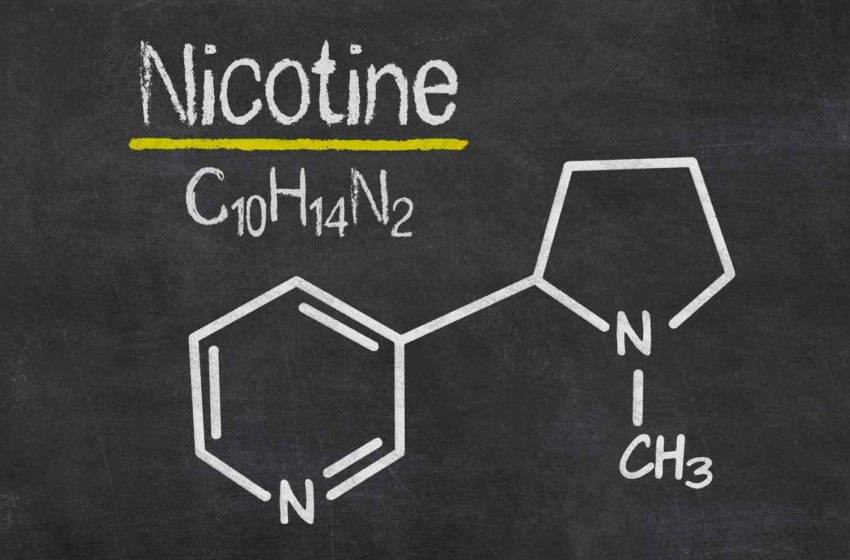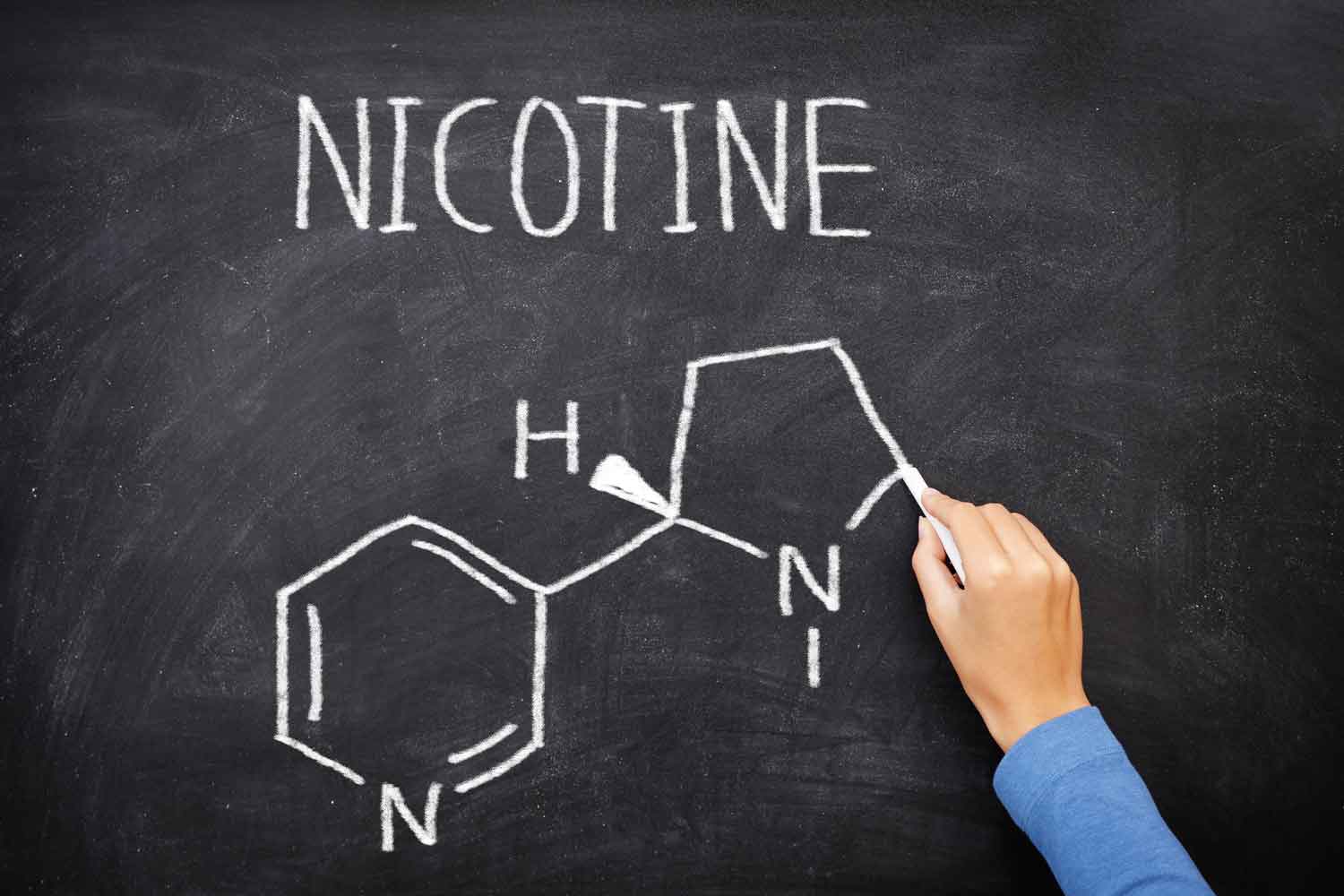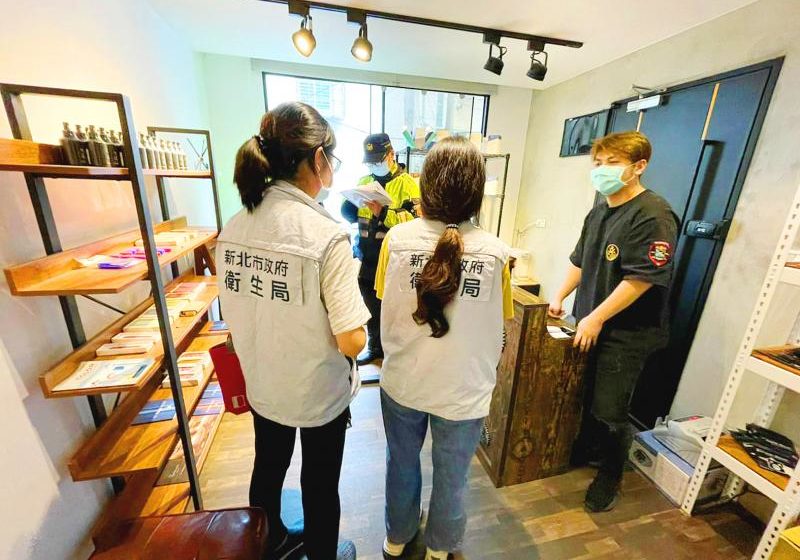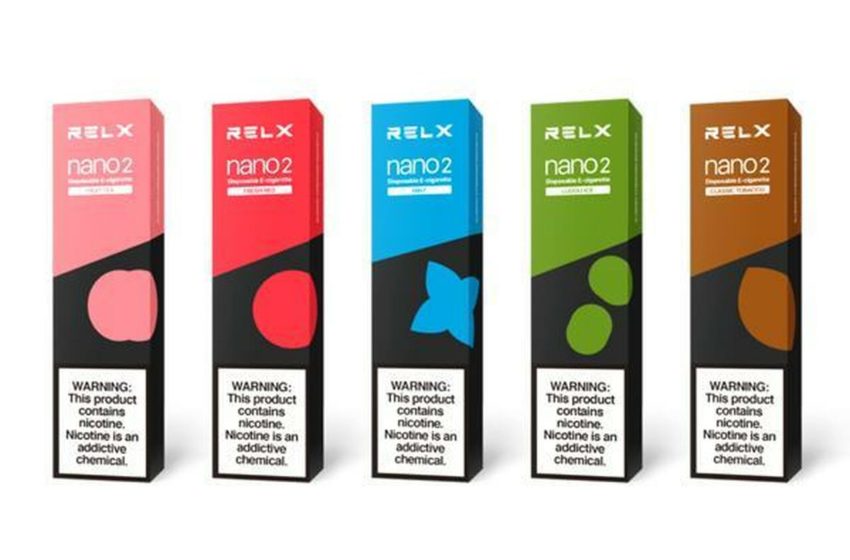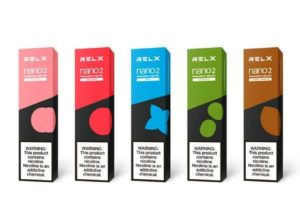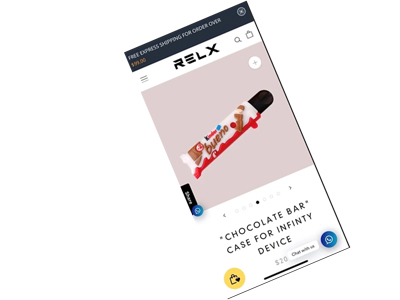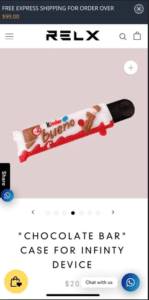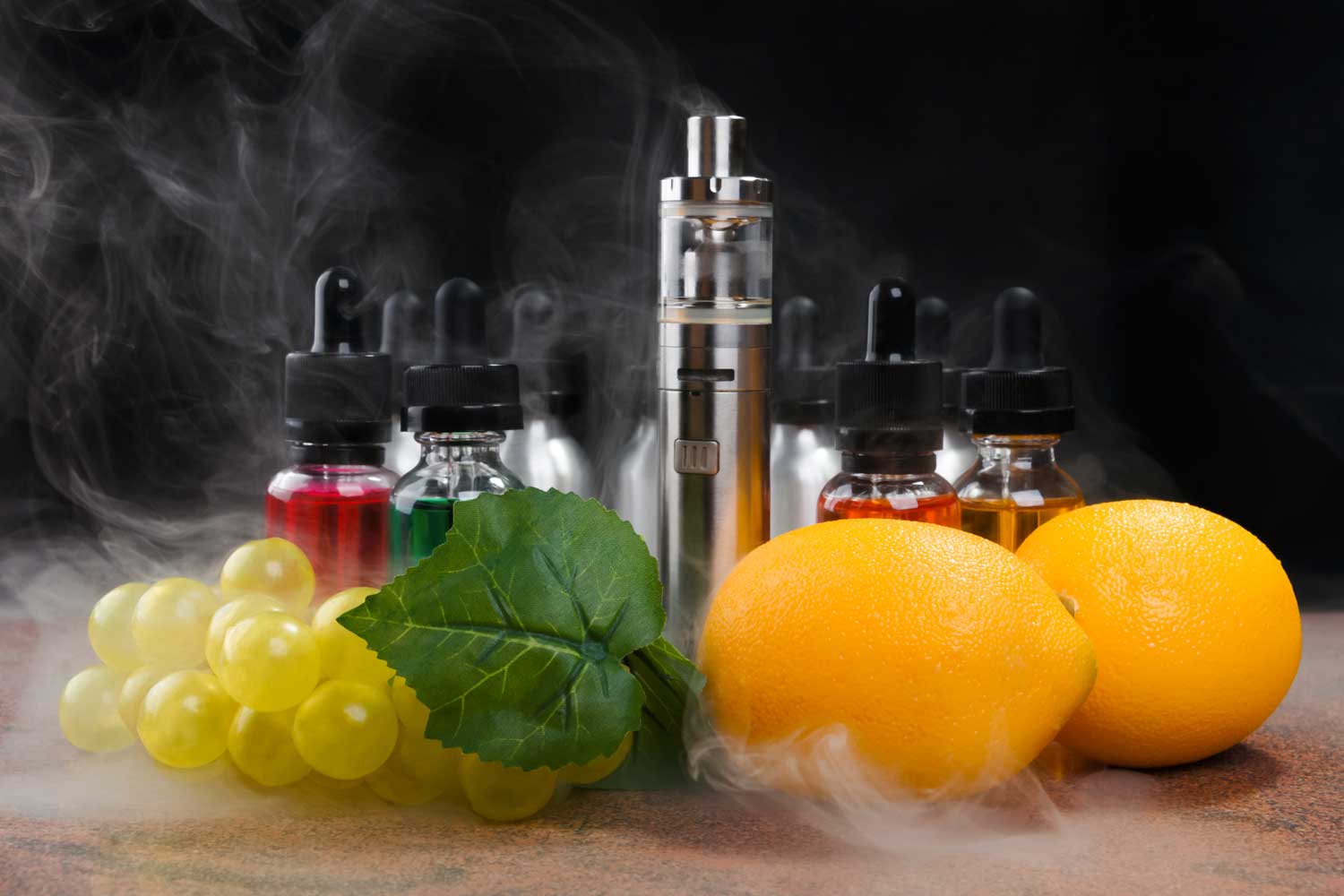
Oliver Pohland has been named managing director of the German e-cigarette association Verband des e-Zigarettenhandels (VdeH). He succeeds Michal Dobrajc, who has served in the position since Dec. 21, 2018.
Pohland has years of experience in the private sector and political association management. He also has an extensive network at the state, federal and EU levels. Most recently, Pohland served as the federal manager of the THW Federal Association.
Pohland, who successfully quit smoking through vaping, plans to advocate for reasonable regulation of vapor products at all levels. In his view, the beleaguered vaping sector should be given an opportunity to grow and assist smokers in switching to less harmful nicotine products.
Earlier this year, the VdeH campaigned vigorously against government plans to significantly raise taxes of vapor products.
“I am really looking forward to my new job,” said Pohland in a statement. “As managing director, I will use all my expertise and experience to create a legal framework that benefits all member companies. My goal is to give the members of VdeH a strong voice at all levels of politics.”
Dobrajc, who will continue chairing the VdeH for the time being, said he looked forward to working with Pohland.
“In Oliver we have gained an experienced expert on the German and European political landscape,” he said. “I am confident that the VdeH will benefit from his pragmatic and honest way of working.”






